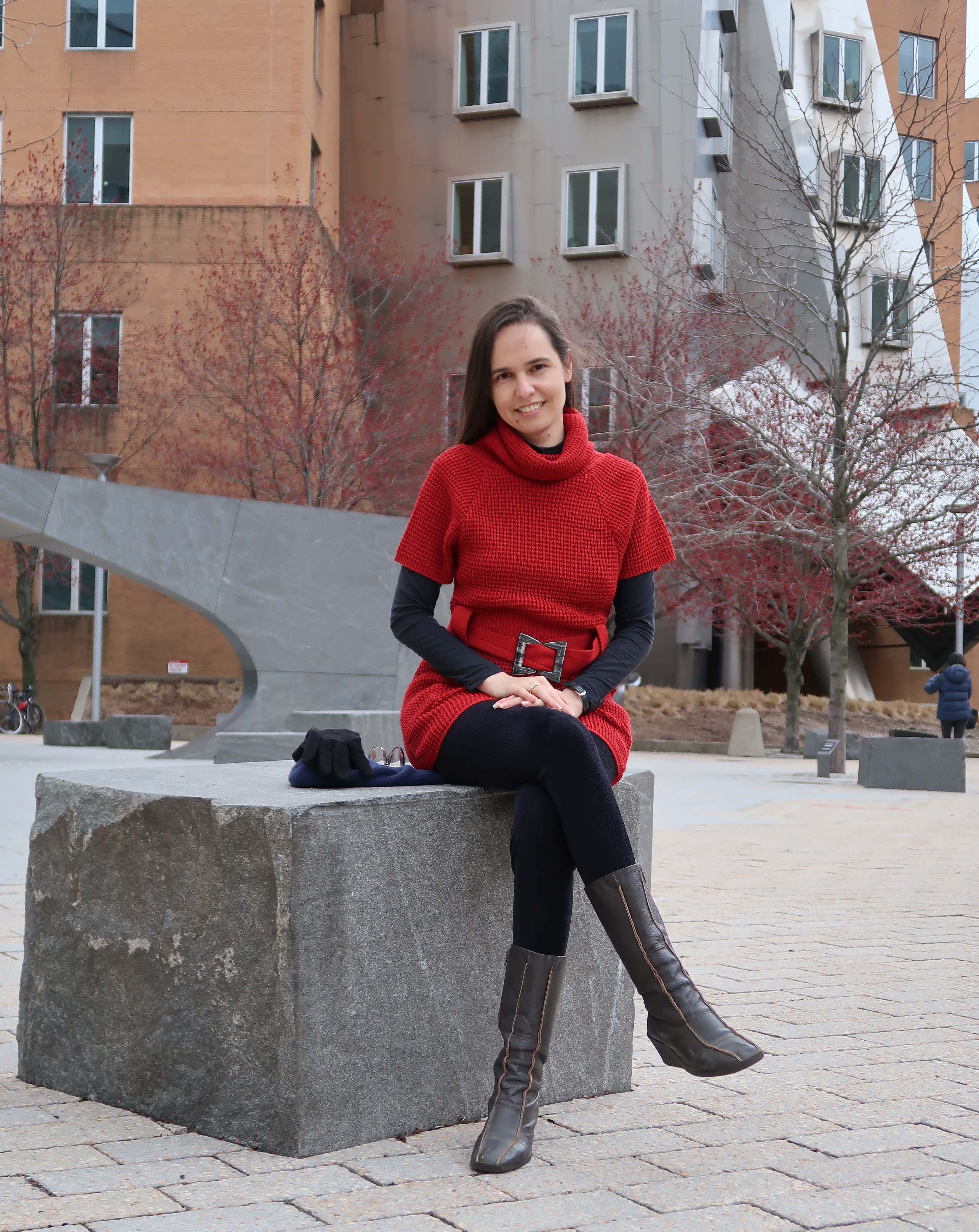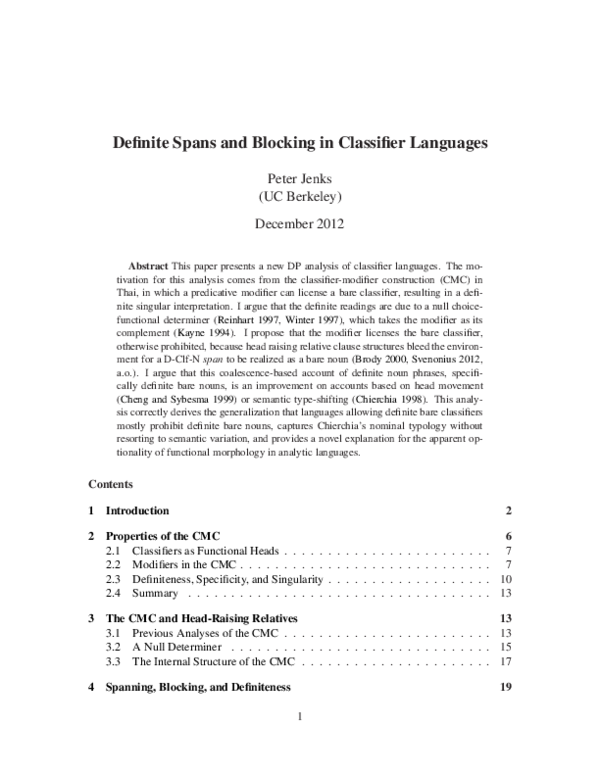We are happy to announce that next week Stephanie Shih will give not only a colloquium talk, but also a minicourse!
Speaker: Stephanie S. Shih (University of Southern California)
Time: April 7th and 8th, 12:30-2pm
Location: Fourth floor Seminar Room (32-D461)
EVALuating the relationship between phonology and statistics
In this minicourse, I take up two seemingly parallel threads in current phonological research. The first: the surface optimizing grammars that have become the mainstay theoretical approach in phonology. And the second: the staple methodological statistical tools—namely, regression modeling—that the field has increasingly embraced with the rise of experimental and corpus-based evidence as the empirical material that we analyze. We will talk about how the design and goals of these two approaches, which are usually cast as theory vs. methodology, actually dovetail, both in current day work as well as in the history of the field. The goals will be to reconcile the conceptual parallels between optimizing grammars and statistical models, and to consider what the convergence of the two mean for phonological theory.


